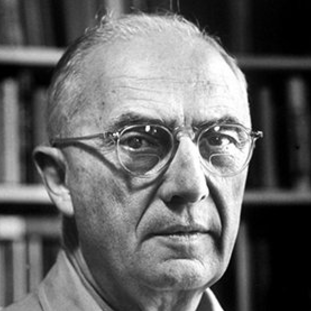munching a plum on
the street a paper bag
of them in her hand
They taste good to her
They taste good
to her. They taste
good to her
You can see it by
the way she gives herself
to the one half
sucked out in her hand
Comforted
a solace of ripe plums
seeming to fill the air
They taste good to her
Published:
1938
Length:
Shorty
Literary Movements:
Modernism
Anthology Years:
2023
Themes:
Poems of the Everyday
Literary Devices:
Enjambment
a line break interrupting the middle of a phrase which continues on to the next line
Imagery
visually descriptive or figurative language, especially in a literary work
Metaphor
a comparison between two unrelated things through a shared characteristic
Repetition
a recurrence of the same word or phrase two or more times

